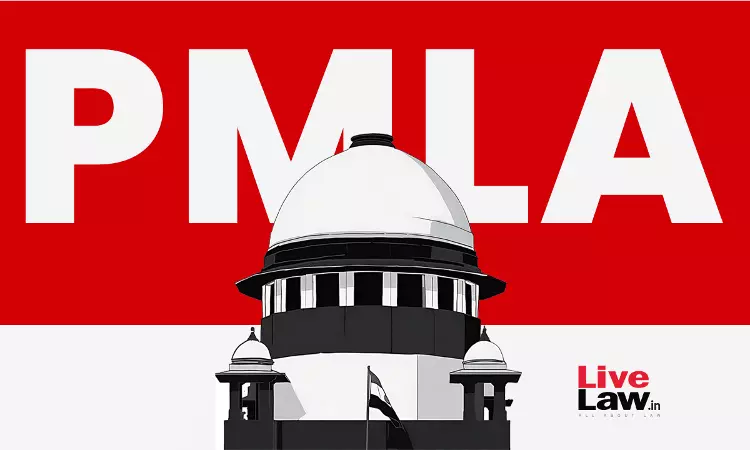Manish Sisodia Bail | Supreme Court Doubts ED's Contention That Mere Generation Of Proceeds of Crime Amounts To Money Laundering
Awstika Das
30 Oct 2023 9:57 PM IST

However, the Court left the issue open, without making any definite finding.
Next Story


